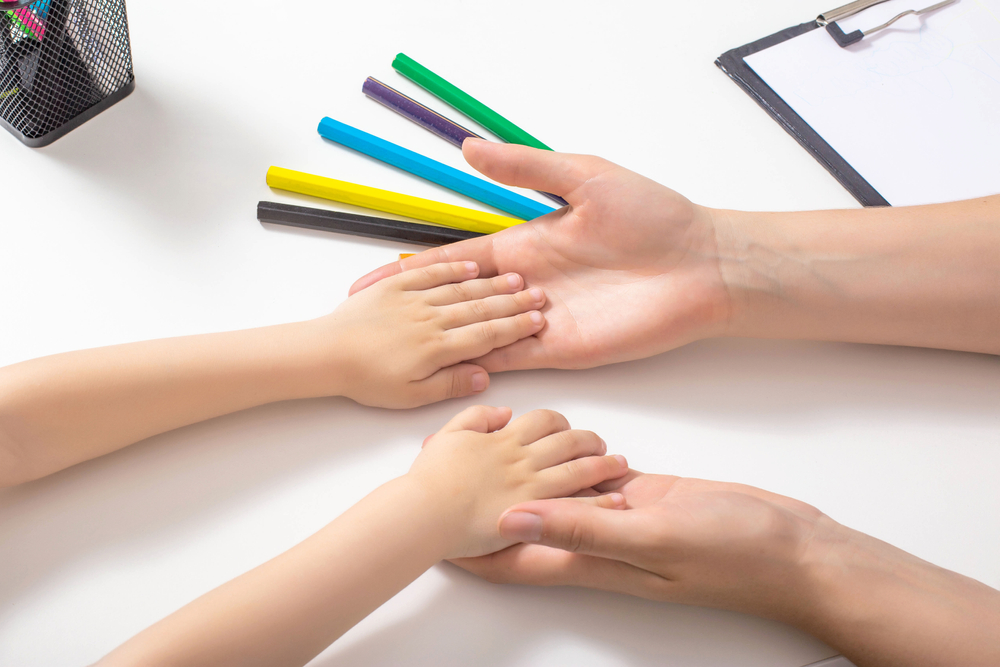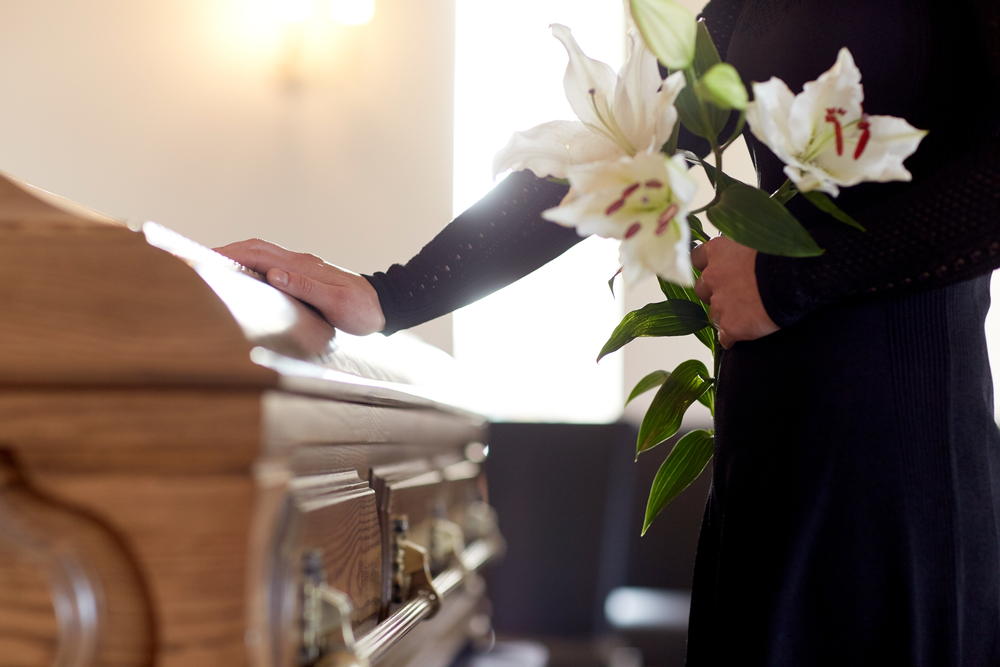The things that happen to us in our early years can shape the rest of our lives. If you experienced childhood trauma, you may struggle with the lasting emotional, mental, and even physical effects of that experience long into adulthood. Recovering from childhood trauma is difficult but focusing on that recovery can improve your life now and in the future.
Childhood Trauma Causes Real and Lasting Effects on the Body and Brain
According to the Centers for Disease Control, more than 60% of adults have experienced at least one adverse childhood experience (ACE). Childhood trauma can take many forms, including:
- Physical, emotional, or sexual abuse
- Physical or emotional neglect
- Witnessing violence or natural disasters
- Living with serious mental illness or substance misuse in the home
- Bullying
- Living in an unstable or unsafe environment
- Intrusive medical procedures
The effects of those ACEs travel with you long after the events have passed. ACEs can negatively affect brain development, and a person’s nervous, endocrine, and immune systems. The toxic stress from childhood trauma can put adults who experienced it at risk of:
- Alcoholism and substance use disorders
- Impulsive behavior
- Emotional dysregulation
- Attention disorders
- Mental health disorders
- Suicide and self-harm
Get Help Recovering from Childhood Trauma
Talk to a psychotherapist today about how to move past traumatic events.
Yes, Your Childhood Trauma Happened. No, It Was Not Your Fault.
Unfortunately, many people who experience this kind of trauma either minimize it or blame themselves for it. The first step to recovering from childhood trauma is to recognize what happened in your past, and properly identify the roles you and others played in those events. In most cases, the child victims of trauma are not at fault for what happens to them, but because children’s brains are not fully developed and tend to be self-centered, they may feel guilt or responsibility for what happened. As an adult, you need to acknowledge that tendency, and gain perspective on the events that surrounded your childhood trauma.
Focus on the Present Instead of the Past
The challenge of childhood trauma is that it allows your past to overshadow your present. Internalized emotions, unhealthy coping mechanisms, and triggers can cause you to relive negative experiences and cause you to apply old defenses to new events. Recovering from childhood trauma requires refocusing on the present. Tools like meditation and mindfulness can help you identify and detach yourself from trauma responses so you can learn new approaches to responding to stressful events.
Accept Where You Are in Your Recovery Today
Recovering from childhood trauma is a process. It requires you to develop new habits and distance yourself from old behaviors. This does not happen all at once. If you are working on accepting your traumatic history and letting go of its effects on you, there will be days when you are more successful than others. That’s okay.
Rather than focusing on the hold your negative memories have over you, accept that they are part of your history and develop a plan to move forward into a healthier lifestyle. Any time you find yourself caught up by your past, refocus on that plan, correct your course, and carry on. You will probably find, over time, the sidetracks grow less intense, and less frequent.
Share Your Experiences With Someone
One of the biggest challenges for survivors of childhood trauma is the urge to isolate themselves or hide what has happened. Often, those who abuse or neglect children will demand that they not tell anyone what has happened. For others, the feelings of guilt and self-blame can keep them from being open about their experiences.
But support is crucial to recovering from childhood trauma. Whether you open up to loved ones, join a support group, or work with a psychotherapist, having someone to give you perspective is key. You need someone you can be honest with about what happened and how you are feeling, who can help you come to terms with where you are and help you get where you need to be.
David Stanislaw is a psychotherapist with over 30 years of experience. He helps adults recover from childhood trauma and address other psychiatric issues. Contact David Stanislaw to get help today.


 How Bereavement Counseling Helps with Loss
How Bereavement Counseling Helps with Loss Long-Distance Relationships and Loneliness
Long-Distance Relationships and Loneliness Finding the Right Stress Management Technique
Finding the Right Stress Management Technique